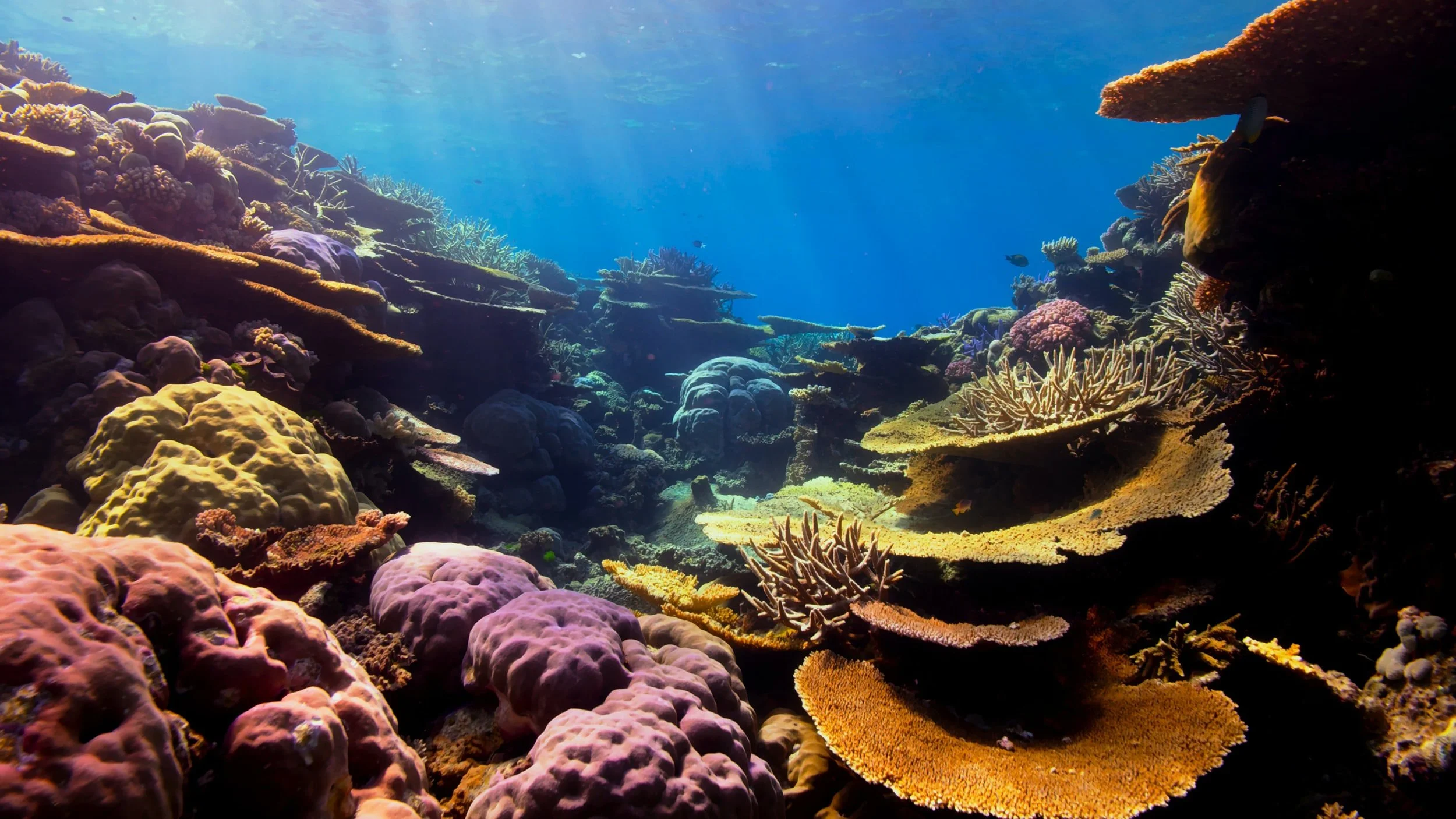The Significance of 1.5 Degrees
By Lindsey Neuwirth, Stony Brook University Marine Conservation and Policy Graduate Student
Photo by Oleksandr Sushko on Unsplash
Coral reefs provide necessary support to all life on this planet. Not only are they essential for shoreline protection, food, and biodiversity, they also supply immense economic value through fisheries, tourism, and medicine—including more than 50% of all new cancer medication.
But our reefs are disappearing fast, and this is a reality we must face. According to scientists, coral populations will decline by 70-90% with global temperature rise of just 1.5 degrees Celsius. Sadly, this loss is inevitable, as 1.5 degree increase has become the goal our society has set to reach, mainly by cutting greenhouse gas emissions in a bid to address the climate crisis.
As global warming continues to threaten our world, the oceans are also warming, increasing the number of coral bleaching events that plague marine ecosystems. Coral bleaching is a result of the expulsion of symbiotic algae that live within corals that provide a source of food due to increasing ocean temperature. This makes them turn white and starve to death if the environment is not quickly returned to less stressful conditions. At this point, bleaching events are unavoidable.
Limiting warming by more than 1.5 degrees can limit bleaching events to approximately three per decade. Luckily, bleaching does not mean immediate mortality, so the probability for coral reef recovery from a single bleaching event is possible. This likelihood of recovery, however, is only feasible if the coral is given a stable food source, the symbiotic algae, and not exposed to other human factors such as pollution. By attaining a 1.5 degree increase limit, recovery from the bleaching events is possible since no further temperature stress on the coral would occur, as long as other factors, such as water quality, remain stable.
Unfortunately, in 2021, the world ocean was recorded to be the hottest it has ever been. So is the 1.5 degree threshold possible?
At the current rate that environmental action is progressing towards this goal, limiting temperature rise to 1.5 degrees will not be possible. There is at least a 50 percent chance that global warming will exceed 1.5 degrees Celsius even with very low greenhouse gas emissions. As discussed in the State of Climate Action 2021, all of the indicators examined are moving at too slow of a pace or not at all to hit this target.
Luckily, there is still time to pick up the pace to slow this occurrence, but it needs to happen now.
Individuals can make positive change through switching to renewable energy sources such as solar power, driving electric cars and utilizing public transportation or walking when possible. It is also important to support sustainable businesses that are already completing environmentally friendly practices, and put significant consideration into cutting emissions and possibly also buying carbon offsets to reduce the impact of their emissions. Another thing individuals can do is alter their diets to consume less meat, which can lower the current 14.5 percent of emissions that the livestock industry is currently responsible for.
While these may seem like small steps, when combined with much needed policy, emissions can be reduced at more rapid rate. A concentrated portion of corporations have a large influence on current global warming. Seventy one percent of all greenhouse gas emissions are from a mere 100 major emitters. If these 100 producers simply adapted methods to cut down their emissions, our planet could be on a whole different path to combatting global warming. The Environmental Protection Agency provides multiple greenhouse gas reduction strategies for energy efficiency, renewable energy, supply chain, waste reduction, reducing methane emissions and fuel efficiency for transportation. Government policy enforcement of implementing these applicable strategies would aid in the requiring these top 100 emitters to run their business to be more environmentally friendly and thus cutting down their emissions.
It is crucial that solutions and actions be implemented. If not, society risks severe degradation of the ocean ecosystems through loss of essential coral reefs. A defeat that will be accompanied by food deficit, shoreline destruction, decreased economic benefits and biodiversity loss.

